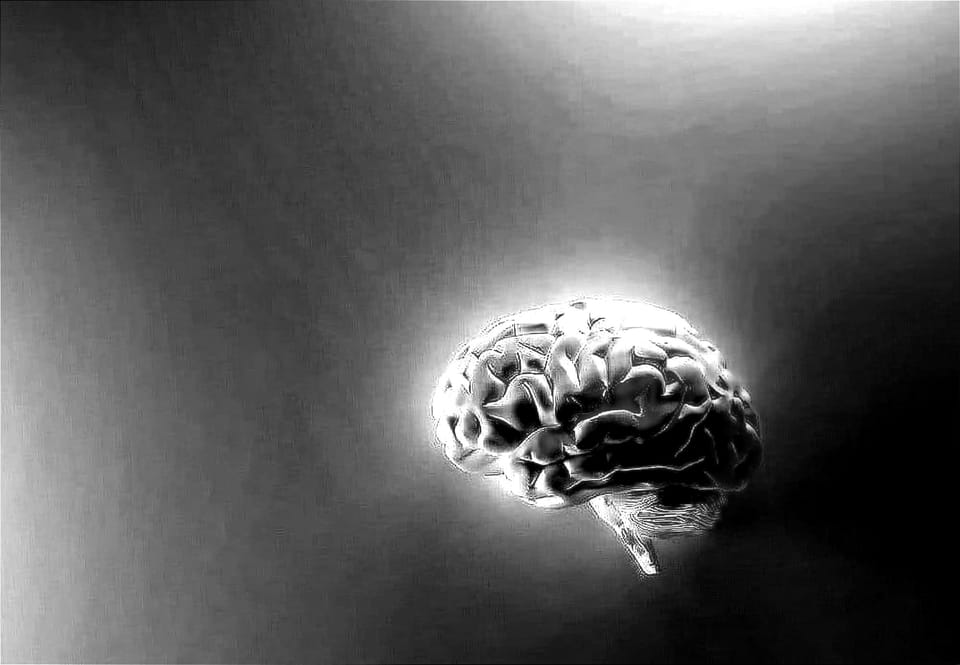Absolute 💡🧠

"A wizard is never late, nor is he early. He arrives precisely when he means to."
—Gandalf, "Lord of the Rings"
> late to the resistance | power move
Cognitive errors and lapses in judgment occur every minute of every day in every human mind worldwide.
They are an important explanation for behaviors that aren't easily understood by the conscious, analytical area of our minds.
- Much of the time, we don't use our powerful reasoning abilities to consciously pause.
- We don't investigate for biases, baseless associations and assumptions, and lapses in logic.
We reach irrational conclusions without evidence and then interpret our conclusions as the absolute truth.
"Jumping to conclusions is a safer sport in the world of our imagination than it is in reality," behavioral scientist Daniel Kahneman wrote in his bestselling 2011 book, "Thinking, Fast and Slow."
During our lateness debate over Slack at a Tulsa coffee shop where I worked, some people were taking traditionalist positions.
- "If I can get here on time, you can get here on time."
- "If I can read a clock, you can read a clock."
I countered with an unconventional argument. We have a pronounced tendency in America to assume a correlation between minor lateness and laziness and poor work performance.
- The human mind endlessly sees such relationships and associations where scientists can't prove they exist.
I wrote on Slack how powerful cognitive biases and errors and mental misfires short-circuit and undermine our decision-making abilities by leading us to "see" things that aren't there.
>> "They cloud our judgment and impair our ability to ‘see’ objectively, because we’re focused on truthinesses that feel like the truth but are just stuff we were raised to believe."
- next time "For all we know, that's all you know."
- listening Oblivians "Christina"
>> full series | alerts | playlist / social | tip jar

